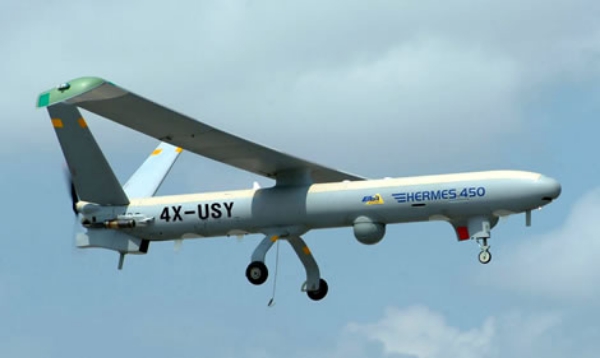 Nearly half of Britain’s top-secret military UAS deployed in Afghanistan have crashed – many because of pilot error.
Nearly half of Britain’s top-secret military UAS deployed in Afghanistan have crashed – many because of pilot error.
The alarming loss rate has raised concerns about British forces’ capability to wage a successful war against the Taliban.
The Mail on Sunday has discovered that since UAS were fully deployed in Afghanistan in 2007, 12 have been lost, costing the British taxpayer more than £30 million. A Ministry of Defence report into the growing crisis has called for immediate changes to the selection and training of drone pilots and their supervisors.
MPs described the losses as very worrying. Kim Howells, former chairman of the Commons Intelligence and Security Committee, said: ‘It’s astonishing that so many UAS have crashed in just five years. If you can’t fly them properly, you really are in trouble. They cost a fortune and we have got to keep them in the air.’
The crashes mean Britain has been left with 14 operational full-size UAS. Five are American-made Reapers, which carry 500 lb bombs and Hellfire missiles for strikes on insurgents, and nine are Israeli Hermes models, used for reconnaissance and surveillance.
The accidents have claimed one Reaper – worth an estimated £10 million – and 11 smaller Hermes, which cost £2 million each.
The Government has spent roughly £2 billion on UAS since 2007, but nearly half of that has been allocated to the Watchkeeper that was originally scheduled to be operational by June 2010 but which has yet to enter service.
Concerns were raised in an investigation by the Military Aviation Authority after the crash of a Hermes 450 unmanned aircraft at Camp Bastion, the main British base in Afghanistan, last year. The report makes it clear that warnings from a previous crash were largely ignored.
Investigators found that although the aircraft had suffered a mechanical failure, a range of training and piloting factors, including the crew lacking sleep in the weeks leading up to the crash, played a part.
It is understood that the majority of the crashes occurred on landing and take-off.
One former air controller who worked with UAS in Afghanistan until 2010 told The Mail on Sunday: ‘These crashes were kept quiet from us but they don’t surprise me. The Hermes was a very difficult, unresponsive platform.’
UAS are controlled by personnel from the Royal Air Force and Royal Artillery, either from Afghanistan itself or on the Greek island of Crete.
Shadow defence spokesman Kevan Jones said: ‘There needs to be more training, investment in training and technology.’
An MoD spokesman said: ‘A service report into a crash that occurred in Afghanistan in 2011 concluded that engine failure was to blame. The MoD is implementing all of the recommendations, and lessons learnt from this incident are being incorporated into training for all personnel who operate Hermes 450.’
Source: The Daily Mail
